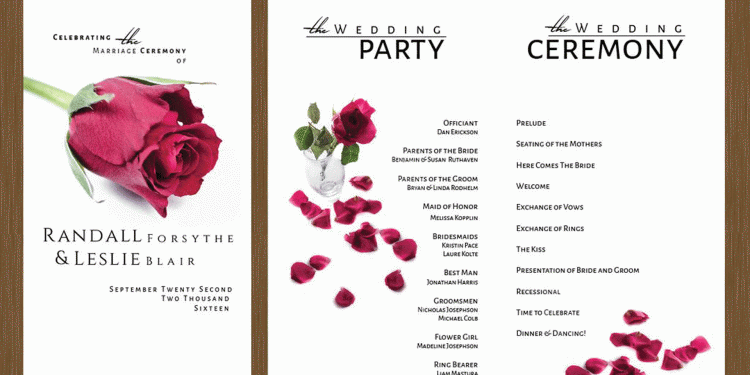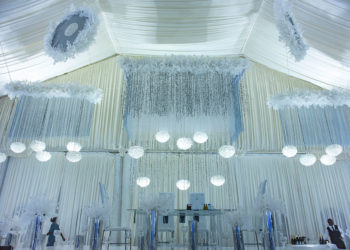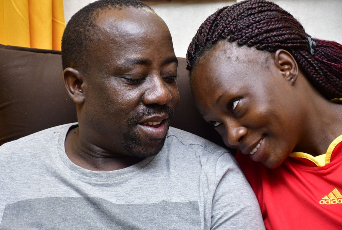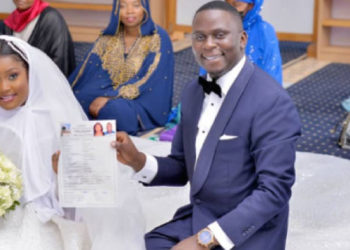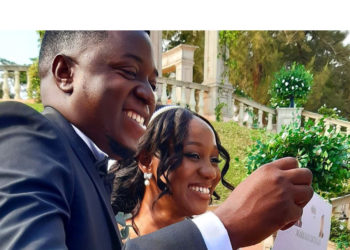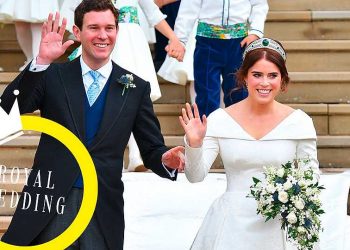By Harriet S. Okot
Your wedding day is not a good time to wing it. Trust me, knowing what happens and at what time is important to keep your day running smoothly and your guests—and yourself—feeling sane. A well designed wedding schedule is one that that allows room for flexibility but one that is precise when it comes to the finer details. Planning a programme takes some consideration. You need to have at least an idea of how long scheduled speeches are going to take and how long it will take for guests to travel from one venue from another (if you’re having your ceremony and your reception in two different places.) Aside from telling your guests what is going to happen approximately when, the programme is simply a way for you to share a little more of yourself with your guests. It can be as formal or as casual as you like. There is no need to burden the already stretched budget by spending a fortune on flashy cards. You can even make them at home if you have some fundamental computer skills and a creative mind. Or you can have no programme at all.
The programme is an optional part of the wedding and one many couples choose to skip—though we recommend you at least write out for yourself and key members of your wedding party a schedule with a list of events and about what time they will happen. Be sure to get the order of events correct as different religious intuitions do things differently. Many couples choose to include the names in their bridal party so that people know who is who. Other things a couple may include are directions to the reception venue, a thank you message, a memorial to a deceased parent, quotations or a poem that is special to the couple. You may choose to end your programme with the ceremony or include in it highlights of the reception as well.
There are some fundamentals that cannot be excluded such as dinner, the cutting of the cake, speeches and toasts, special dances and the bouquet toss. The master of ceremony has a big role to play in making sure things run smoothly in terms of the agenda on your programme. So choosing a master of ceremony who’s reliable and can be depended upon to keep things moving along is critical to making your day a success. People have seen the traditional sequence of events that follow one another at weddings, so if your programme is simply a listing of these, you might as well skip it. Try instead to add something personal —a poem that’s meaningful to the two of you or an explanation of a unique wedding tradition that’s part of your culture are just two ideas.
Programme elements
Whatever design and format you choose, certain basic elements are included in a traditional programme:
* The full names of the bride and groom, the wedding date, and the church where the wedding is taking place.
* Ceremony basics, including the musical selections (lyrics if they’re especially meaningful to you), the composers and performers, as well as a list of readings, the authors, and the names of the readers.
* Wedding entourage names with brief descriptions of each’s relationship to you.
* The name of the officiant.
* A thank-you note to both sets of parents and one to all the guests (a frequent addition.)
* For religious and non-religious ceremonies alike, it’s important to keep guests in the know by listing traditions, rituals and ethnic customs.
* If you wish to honour deceased loved ones, you can include a memorial on the back page with a photograph, a fond memory, poem, or quote.

